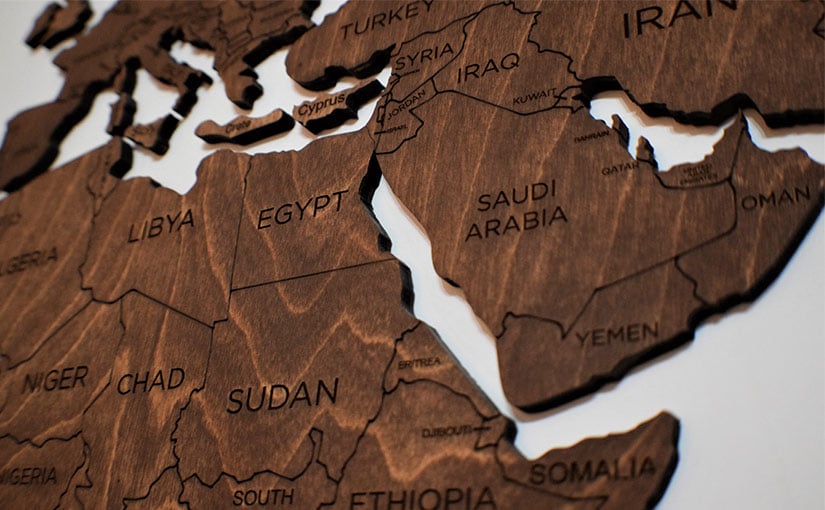Description
The project is dedicated to the formal and textual aspects of the Aramaic identity discourse and consists of two areas: the Syriac script as a formal marker of identity and Christian Aramaic narrative elements or motifs in Aramaic oral literature.
The Syriac script has always played a major role in the history of Syriac Christianity. When Classical Syriac was partially replaced by other languages in different areas such as the production of literary works or intra-church communication, the Syriac script was not superseded by other writing systems and came gradually into use for writing down Arabic since the 12th century and later for other languages such as Ottoman, Kurdish, Armenian etc. The phenomenon is known under the name Garshuni.
The Syrian Christians and their ancestors have lived in a multicultural and multilingual environment for thousands of years and have constantly participated in language and cultural exchange with their neighbors. One of the results of this exchange is the common lore of oral literature. These stories can have a very long literary life (such as the story of the wise Achiqar, the collection of fables “Kalila wa-Dimna”, the story of Sultan Jimjim, and others), they can be transmitted in a writing form and orally in different languages and by different communities, adopting characteristic elements during the acculturation process. Such texts are also available in the languages of Syriac culture (Classical Syriac, Neo-Aramaic languages and dialects, Arabic, Kurdish), whose authors, narrators, copyists have found a way to “Aramaize” and “Christianize” them.
The connecting element that unites the two aforementioned aspects of the Aramaic identity discourse is a handwritten collection of texts in the Syriac script in Kurdish, produced in Mardin (Turkey) by a Syriac Orthodox author in the middle of the 20th century. The manuscript includes original as well as translated texts: liturgical songs, poetry, popular literature.
Within the scope of the project, the following questions will be touched upon. It will be shown how the Syriac script was adapted for the needs of the Kurdish language and in what context Kurdish was used by Syriac Christians as a written language. The folk texts from the collection (e.g. Joseph story), their characteristic motifs and elements will be analyzed. Other variants of the stories known from the regional Christian and Muslim traditions in Aramaic, Kurdish, Arabic will be used for analysis.


